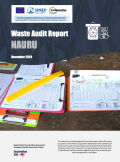
This case study gathers information and data from waste audits to be used to support the development and monitoring of waste and resource recovery projects and recommend the infrastructure and policy interventions required.

This case study gathers information and data from waste audits to be used to support the development and monitoring of waste and resource recovery projects and recommend the infrastructure and policy interventions required.
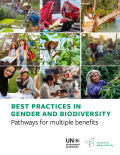
This report presents a collection of case studies and best practices for achieving sustainable and transformative results for biodiversity.
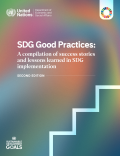
This report presents 16 SDG Good Practices from across the globe, received in response to the first open call by UN DESA for good practices, success stories and lessons learned in SDG implementation.
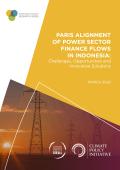
This brief aims to identify the challenges and opportunities in financing Indonesia’s ambitious targets on renewable energy towards an energy transition.

By examining the current financing landscape of the Indian power sector, and its alignment with its Nationally Determined Contributions, this brief aims to identify the challenges and opportunities in financing the country’s ambitious renewable energy targets to facilitate a smooth energy transition.
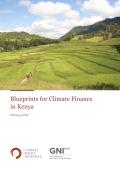
This report highlights innovative financial structures that have the potential to transform livelihoods and sustain projects at the local level.
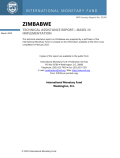
This technical assistance report on Zimbabwe outlines the IMF's findings on the Reserve Bank of Zimbabwe implementation of Basel III liquidity standards.
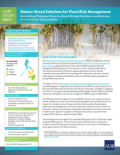
This case study brief highlights lessons from the Philippines on how nature-based solutions can strengthen flood risk management in cost-effective ways.

This report provides valuable statistical and analytical insights that can track progress against implementation of actions and objectives of Moldova's efforts to promote green growth.
